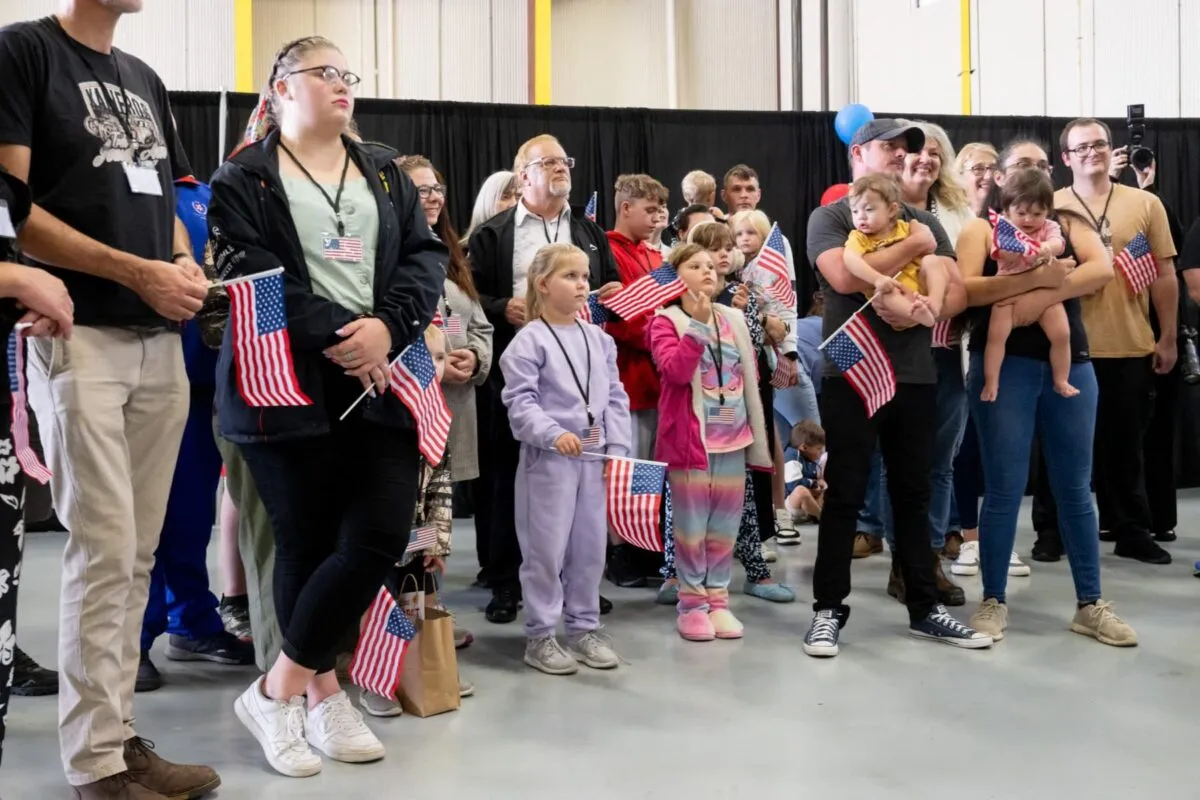
Episcopal Church declines to assist Afrikaner ‘refugees’ with US resettlement
Citing its commitment to racial justice, the Episcopal Church has stated it cannot support the resettlement of Afrikaner ‘refugees’ in the US.

The Episcopal Church has pushed back against the US government’s decision to prioritise white Afrikaner arrivals from South Africa, declining to assist in their resettlement.
Church leaders argue that offering special treatment to the Afrikaners undermines fairness, especially as countless refugees have waited years in camps for the same opportunity.
On 11 May, a group of 49 Afrikaners, among them children, departed South Africa and landed in the US the following day. Their arrival follows an executive order signed by President Donald Trump, who controversially granted them asylum based on claims of racial persecution and land seizures by the South African government—claims the South African government has rejected as false.
EPISCOPAL CHURCH REFUSES TO HELP AFRIKANER ‘REFUGEES’ RESETTLE IN THE US
In a letter to Episcopal Church members, Presiding Bishop Reverend Sean Rowe said it has been painful to watch one group of “refugees” selected in a highly unusual manner receive preferential treatment over many others who have been waiting in refugee camps or dangerous conditions for years.
Rowe said since January, the US Admissions Refugee Program had essentially shut down. No new refugees had arrived, and staff in various resettlement agencies had been laid off. Surprisingly, two weeks ago, the US government informed Episcopal Migration Ministries that in terms of their federal grant, they had to resettle white Afrikaners from South Africa, whom the government has classified as refugees.
“In light of our church’s steadfast commitment to racial justice and reconciliation and our historic ties with the Anglican Church of Southern Africa, we are not able to take this step. Accordingly, we have determined that by the end of the federal fiscal year, we will conclude our refugee settlement grant agreements with the US federal government,” he explained.
Rowe said he also grieved victims of religious persecution, including Christians who had not been granted refuge in recent months.
“As Christians, we must be guided not by political vagaries, but by the sure and certain knowledge that the kingdom of God is revealed to us in the struggles of those on the margins. Jesus says we should love and care for Christians and the poor as we would for him, and we must follow that command.
“Right now, what that means is ending our participation in the federal government’s refugee resettlement program and investing our resources in serving migrants in other ways,” Rowe said in the letter.
RAMAPHOSA SET TO MEET WITH TRUMP
Despite the South African government disputing the genocide myth several times, even through diplomatic channels, Trump insists that Afrikaners are under persecution in South Africa.
In April, a delegation from South Africa visited the United Nations General Assembly (UNGA) to brief the body on the country’s G20 Presidency and misconceptions about its legislation, especially the so-called 142 race-based laws.
Regarding the visit to the UNGA, the Department of International Relations and Cooperation (Dirco) said during the cordial discussions, the senior officials addressed misconceptions on what had been presented by some as race laws designed to undermine minority rights in South Africa.
Meanwhile, on Monday, 12 May, President Cyril Ramaphosa revealed that he had a telephonic conversation with Trump to dispel the lies he had been told by people opposed to transformation in South Africa.
Ramaphosa added that it’s a fringe grouping that does not have enough support, that is anti-transformation and anti-change, that would actually prefer South Africa to go back to apartheid type policies.
“Those people who fled, they are not being persecuted, they are not being hounded, they’re not being treated badly. They’re leaving ostensibly because they don’t want to embrace the changes that are taking place in the country in accordance with the Constitution. We think the American government got the wrong end of the stick here, but, we’ll continue talking to them,” he said.
